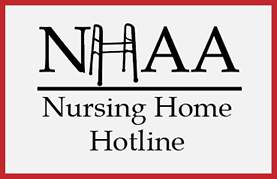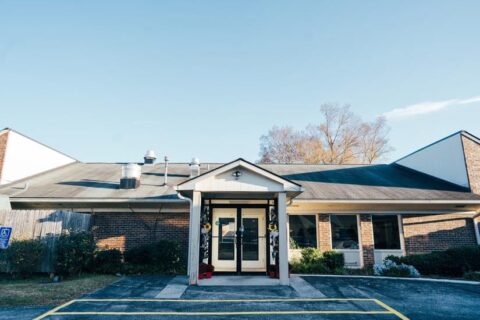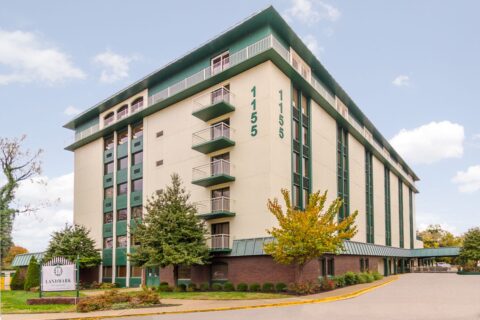Nursing Homes Overuse Pharmaceuticals to Restraint Residents
In The News:
Greenville, SC- In every nursing home there are residents that pose a danger to themselves and others. Only in rare and extreme circumstances are long-term care facilities allowed to physically restrain a resident. To get around this, facilities increasingly use drugs especially anti-psychotics to keep some residents under control.
According to the Consumer Voice for Quality Long Term Care, approximately 26 percent of nursing home residents are given anti-psychotics even though they are not beneficial to the patient or are not necessary. Close to 40 percent of nursing home residents who are given these drugs suffer from dementia despite the risks these drugs pose to their health.
Anti-psychotics such as Risperdal, Zyprexa, Seroquel and Abilify are typically used to treat people suffering from schizophrenia and bi-polar disorder. However, doctors are increasingly prescribing these drugs to treat young people with behavioral disorders, adults with insomnia, and nursing home residents suffering from dementia without carefully considering the dangers.
There is strong evidence that shows the use of anti-psychotics on dementia patients can cause a range of health issues an in the worst case, hasten their death. Use of anti-psychotics in dementia patients can increase their risk of stroke. Recently, the FDA issued a “Black Box” warning, citing an increased risk of death for dementia patients who are on anti-psychotics, adding there are no approved drugs that can treat dementia induced psychosis.
Nursing home residents are also prone to falls and have an increased likelihood of developing respiratory infections. The prevalent use of anti-psychotics can also have an impact on patient’s mental health. Chemically-restrained patients lose their independence and often remain too sedated to participate in activities or engage with their families and friends.
Many believe the use of anti-psychotics in nursing homes has increased as inadequate staffing has become a major issue among facilities across the country. Anti-psychotics can keep a patient from talking or moving and make it very easy to restrain a patient without straps. Nursing home residents, who are given these unnecessary drugs, are left in a drug-induced stupor and remain asleep for most of the day. This may be convenient for staff at a facility as they tend to be understaffed, but it violates the residents’ basic human rights, and is certainly way for a person to spend their remaining days.
Nursing home residents and their families must approve the use of any drug in the long-term care facility, but they trust the opinions of doctors, nurses and administrators, and may not be completely aware of the dangers associated with the overuse of anti-psychotics. They are willing to take the advice of these trusted individuals without researching the effects they can have on their loved one. It is also very easy for a nurse to increase the dosages of these drugs in order to keep a patient chemically restrained.
The use of chemical restraints is generally forbidden, but too often nursing homes use this as a substitute for individualized care. If you believe your aging loved one has been harmed by the use of chemical restraints, you should contact a South Carolina nursing home abuse attorney to see if they are eligible for compensation.
For more information regarding patients’ rights and what you can do regarding a loved one of your own, contact NHAA for more detailed information.
Your Experience Matters
...and we want to hear it.
NHAA is here to assist families, residents, and the community by sounding the alarm on issues like those found above. This nursing home and many others across the country are cited for abuse and neglect.
If you have or had a loved one living in this nursing home or any other nursing home where you suspect any form of abuse or neglect, contact us immediately.
We have helped many already and we can help you and your loved one as well by filing a state complaint, hiring a specialized nursing home attorney or helping you find a more suitable location for your loved one.
You can make a difference, even if your loved one has already passed away.
Please give us a call at 1-800-645-5262 or fill out our form detailing your experience.
Personal Note from NHA-Advocates
NHAA shares with all the families of loved ones who are confined to nursing homes the pain and anguish of putting them in the care of someone else. We expect our loved ones to be treated with dignity and honor in the homes we place them. We cannot emphasize enough to family members of nursing home residents; frequent visits are essential to our loved ones’ well-being and safety.
If you are struggling and upset, click here to understand your options, or contact us through our contact form or call our toll free hot line number: 1-800-645-5262.







